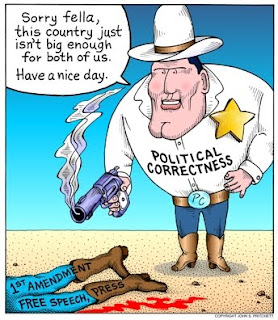
Communication is a dynamic process with the interacting components of sending, receiving and feedback. Nonverbal cues may provide clarity or contradiction for a message being sent. If an ironic statement is made with a smile, the receiver knows to find it humorous instead of disconcerting. If we are sending a verbal message intending to deceive and avert our eyes the receiver knows we may be lying. Nonverbal cues also influence how we perceive and are perceived. Familiar faces may make us more likely to start a relationship and continue it. Nervous facial expression hinders other`s perception of our competence and persuasiveness. Nonverbal cues can provide information we may not want dispelled. Our decoding ability arises at a young age and increases as we get older, influencing our daily lives whether we are aware of it or not.
Women tend to communicate more effectively than men, focusing on how to create a solution that works for the group, talking through issues, and utilizes non-verbal cues such as tone, emotion, and empathy whereas men tend to be more task-oriented, less talkative, and more isolated. Men have a more difficult time understanding emotions that are not explicitly verbalized, while women tend to intuit emotions and emotional cues. Characteristically, women are encouraged to look modestly downward, to walk with small steps, be more restrained in facial expressions than men of their class, and to eat smaller portions of food. Gestures of female assertiveness, like standing with arms akimbo, or legs widely spaced, are regarded, particularly in societies with strong power differentials between the sexes, as unbecoming and aggressive, imitative of male behavior. These differences explain why men and women sometimes have difficulty communicating and why men-to-men friendships look different from friendships among women. Nonverbal communication, or body language, is a vital form of communication. When we interact with others, we continuously give and receive countless wordless signals. All of our nonverbal behaviors the gestures we make, the way we sit, how fast or how loud we talk, how close we stand, how much eye contact we make send strong messages. The way you listen, look, move, and react tell the other person whether or not you care and how well you’re listening. The nonverbal signals you send either produce a sense of interest, trust, and desire for connection or they generate disinterest, distrust, and confusion.
Nonverbal communication is a rapidly flowing back-and-forth process. Successful nonverbal communication depends on emotional self-awareness and an understanding of the cues you’re sending, along with the ability to accurately pick up on the cues others are sending you. This requires your full concentration and attention. If you are planning what you’re going to say next, daydreaming, or thinking about something else, you are almost certain to miss nonverbal cues and other subtleties in the conversation. You need to stay focused on the moment-to-moment experience in order to fully understand what’s going on.


